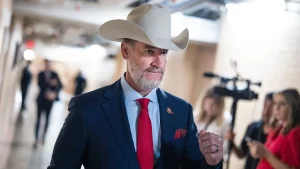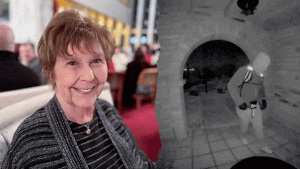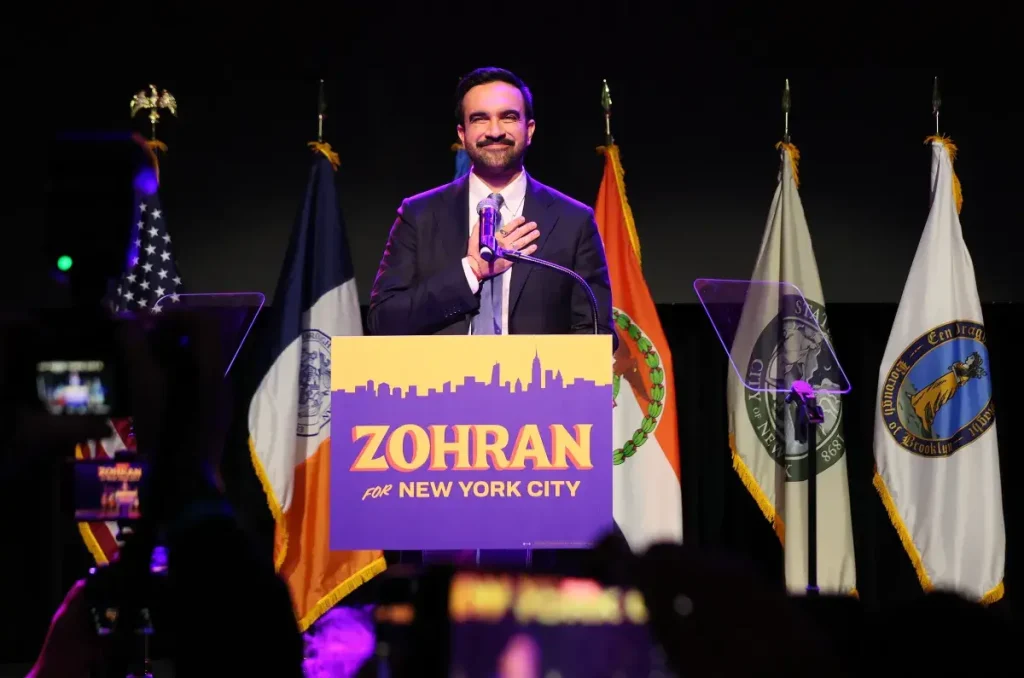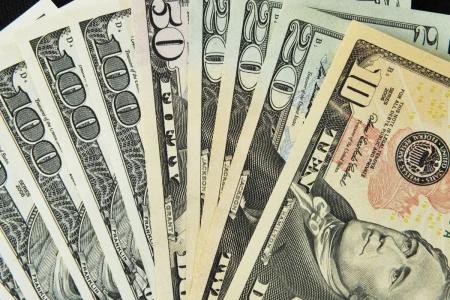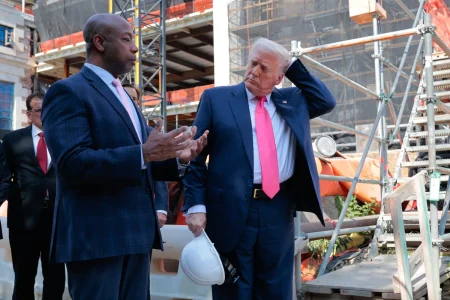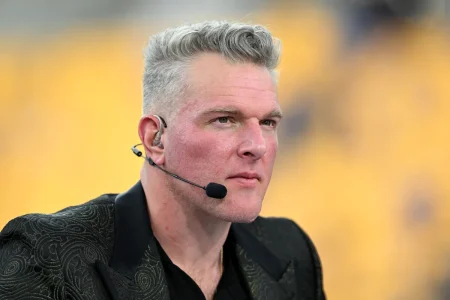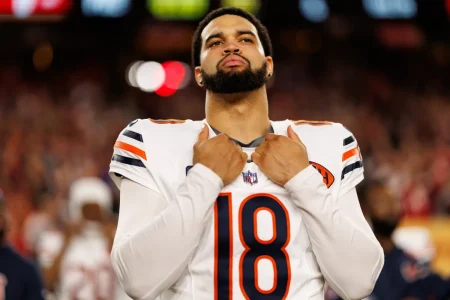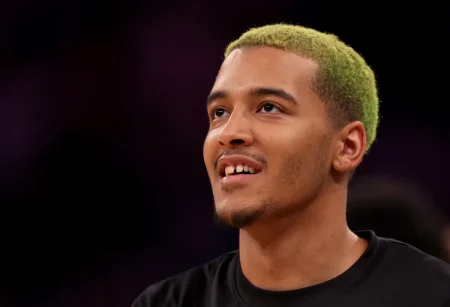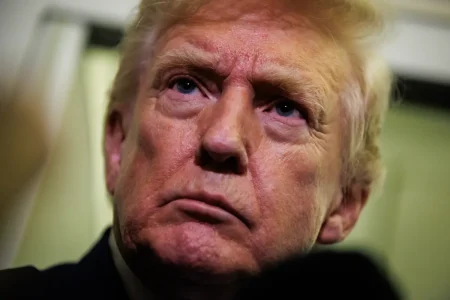The Rise of Zohran Mamdani: New York City’s Unexpected Mayor
In a stunning display of political ascendancy, 34-year-old Zohran Mamdani stood triumphantly before hundreds of cheering supporters at Brooklyn’s beautifully renovated Paramount Theater just after 11 p.m. on election night. The scene was electric – a diverse crowd dancing to upbeat music, most adorned in the campaign’s signature blue and orange attire, some wearing keffiyehs in solidarity with Palestinian causes. What made this victory celebration particularly remarkable was its swiftness; barely half an hour after polls closed, Mamdani was already being declared New York City’s mayor-elect. For a candidate who polled below 1 percent just a year prior with virtually no name recognition, the journey to becoming the city’s 111th mayor represented a seismic shift in New York politics. “New York, tonight you’ve delivered a mandate for change, a mandate for a new kind of politics, a mandate for a city we can afford, and a mandate for a government that delivers exactly that,” Mamdani declared in a passionate victory speech that resonated throughout the theater.
Mamdani’s improbable rise to power came through defeating political heavyweight Andrew Cuomo in the Democratic primary, utilizing a campaign strategy heavily leveraging social media and grassroots organization. His approach energized New Yorkers across demographics, bringing together a coalition that spanned racial, gender, and generational divides. When he is sworn in on New Year’s Day, Mamdani will make history as New York’s youngest mayor in a century and only its second Democratic Socialist after David Dinkins. He’ll also become the city’s first Muslim mayor, a fact that became increasingly significant throughout the campaign. His background in Palestinian activism became both a rallying point for supporters and a target for critics, with Mamdani eventually accusing Cuomo of making “racist, baseless” attacks as the race intensified.
The election represented more than just a changing of the guard; it signaled a profound transformation in New York City’s political landscape. Despite losing the Democratic primary, former Governor Cuomo refused to concede the mayoral race, instead mounting a third-party campaign in hopes of appealing to voters concerned that Mamdani was too inexperienced and too progressive to govern effectively. Cuomo’s persistence created a split in the anti-Mamdani vote, as perennial Republican candidate Curtis Sliwa remained in the race as well. The dynamic was further complicated when incumbent Mayor Eric Adams dropped out amid dismal approval ratings, theoretically boosting Cuomo’s chances but ultimately failing to consolidate enough opposition to Mamdani’s momentum.
Even President Donald Trump inserted himself into the contest for his hometown’s leadership, branding Mamdani a communist and urging New Yorkers to oppose him. In a surprising move just a day before the election, Trump endorsed Cuomo – his longtime political adversary – saying New Yorkers “must vote for” the former governor. The president even threatened to cut federal funding to the city should Mamdani prevail. However, these interventions appeared to backfire among Mamdani’s supporters, who viewed Trump’s endorsement as confirmation that Cuomo represented right-wing interests while Mamdani stood as the authentic voice of progressive Democratic values. At the victory celebration, attendees audibly booed when Cuomo appeared on screen to deliver his concession speech, waving dismissively at his image.
The tone of Mamdani’s victory speech diverged sharply from traditional political reconciliation. While Democratic gubernatorial winners in New Jersey and Virginia had graciously thanked their Republican opponents for their public service earlier that evening, Mamdani took a different approach with Cuomo. “I wish Andrew Cuomo the best in private life, but let tonight be the last time I utter his name,” he declared to thunderous applause. This defiant stance reflected the contentious nature of the campaign and perhaps signaled Mamdani’s intention to make a clean break from establishment politics as he prepares to take office.
As Mamdani’s improbable journey from obscure state assemblyman to mayor-elect of America’s largest city comes to fruition, New Yorkers now face the transition from campaign promises to governance realities. His victory represents a profound statement about the city’s political direction – embracing youth, progressive policies, and diversity in leadership. When he takes the oath of office on January 1st, Mamdani will inherit the enormous challenges of managing a complex metropolis while navigating potential federal hostility and skepticism from more moderate constituents. His rise exemplifies how rapidly political fortunes can change in modern America, where social media savvy, grassroots enthusiasm, and a message of bold change can overcome traditional political advantages of experience, name recognition, and institutional support. For better or worse, New York City has chosen a dramatic new direction, elevating a young democratic socialist with Muslim heritage to its highest municipal office in a decisive mandate for transformation.
